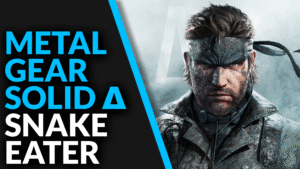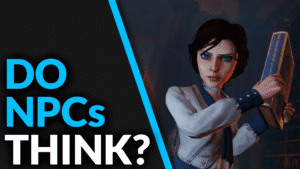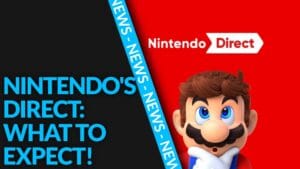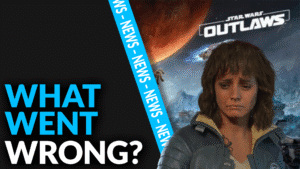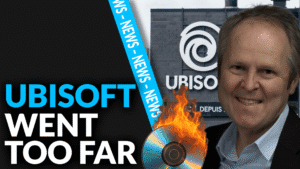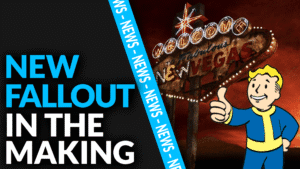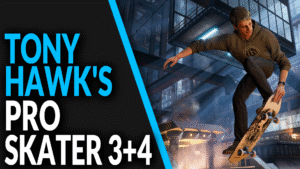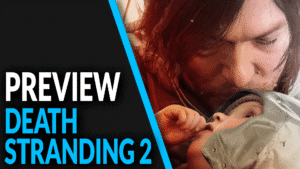You buy a few used Switch games, toss them into your Switch 2, and suddenly – boom – your console is banned. No warning. No appeal. Just you, a stack of cartridges, and a ban hammer straight from Kyoto.
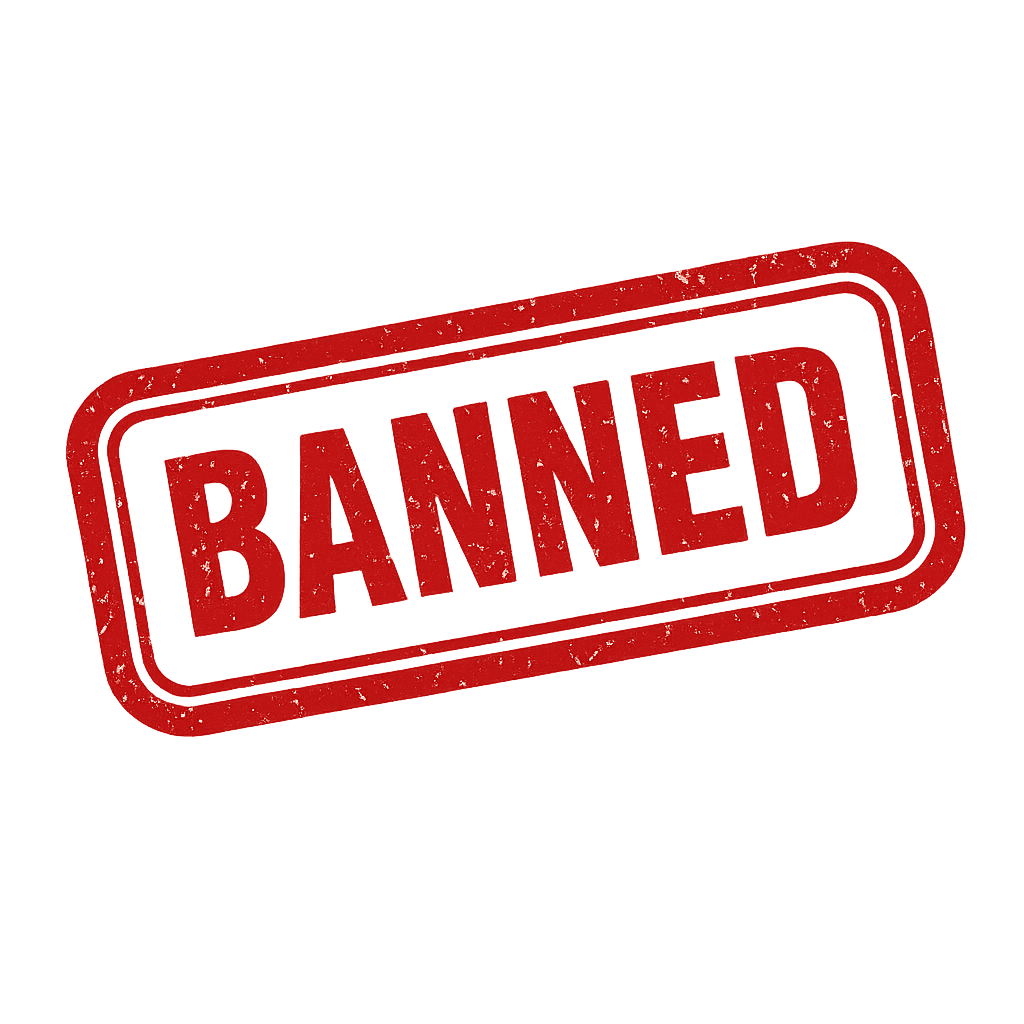
Welcome to the most bizarre and terrifying twist in Nintendo’s long-running war on piracy. This time, the company isn’t going after hackers in hoodies. They’re going after you – the regular gamer just trying to save some cash in a used game deal. And the crazy part? You might not even know you’ve crossed the line until it’s way too late.
So here’s the situation. The Switch 2 dropped with a brand-new anti-piracy system under the hood, one that’s not just targeting ROMs or homebrew software, but the very cartridges themselves. A Reddit user – known online as dmanthey – got caught in the crossfire. He picked up four used Switch 1 games, slid them into his fresh Switch 2, updated them, and was promptly smacked with a network-level ban. His console lost access to all online services – eShop, multiplayer, downloads, cloud saves. Just gone.
And no, he didn’t mod anything. He didn’t run a bootleg copy. He didn’t try to jailbreak his device. All he did was buy used cartridges – something completely legal and normalized for decades.
Here’s what’s happening behind the scenes: Nintendo now embeds a unique ID into every cartridge. That ID is tied to your online session when you play the game. If the system detects that same ID being used on more than one device – especially if one of those devices is using it through a flash cart or a cloned ROM – it triggers a red flag. It doesn’t matter whether you were the first to use it or the poor soul who bought it second-hand. The server sees a duplicate, and boom, your console could be soft-banned or even permanently restricted.
This isn’t theoretical. It’s already happening. In Germany, a Switch 2 user reported being locked out of online play after inserting a second-hand game cartridge. No message. No heads-up. Just an error code and a sudden lack of access to the internet. In multiple cases, including dmanthey’s, support tickets and appeals to Nintendo did eventually reverse the restriction – but only after providing detailed proof: receipts, photos of the cartridge, even screenshots of the sales listings.
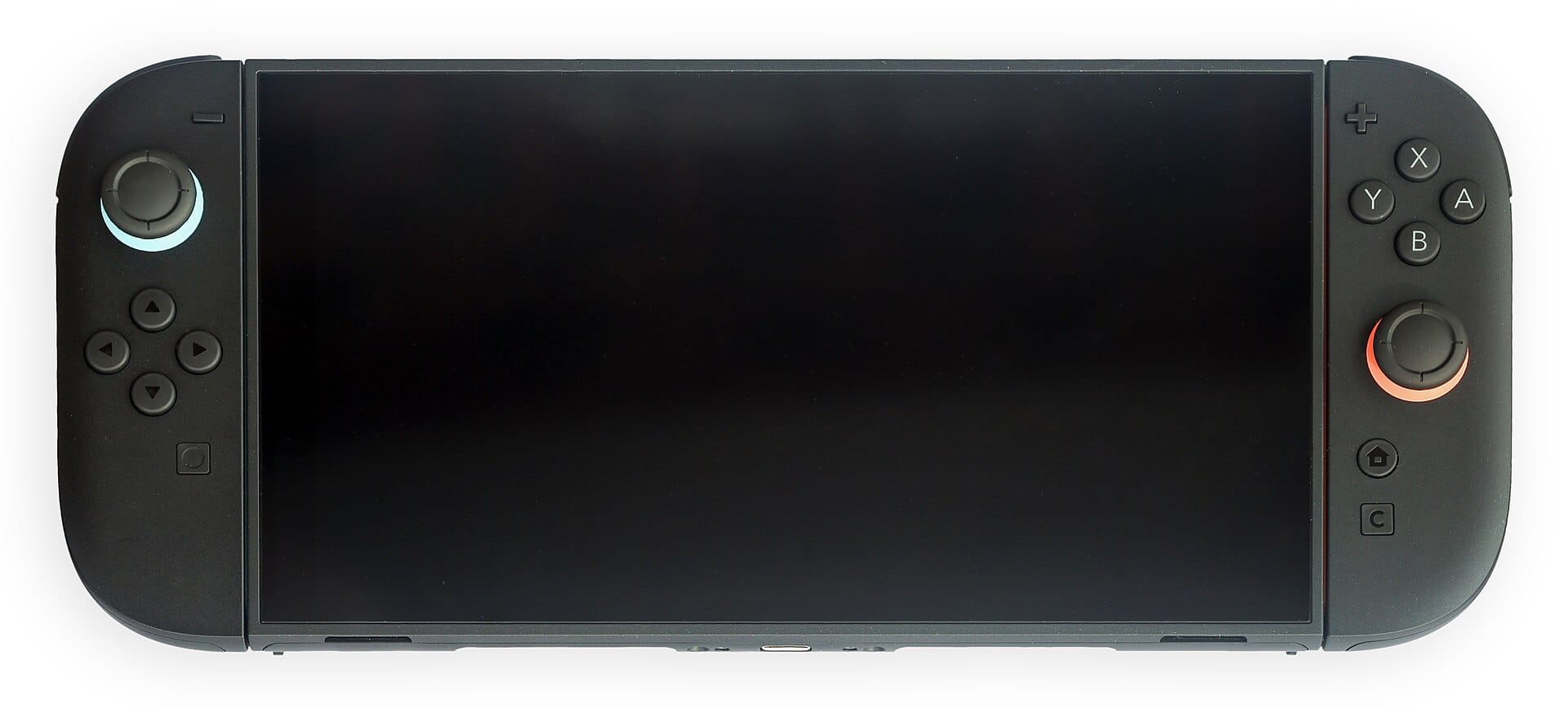
The issue isn’t just that this is happening – it’s that it’s happening quietly. Nintendo isn’t openly warning customers. There are no public-facing alerts about the risks of used cartridges. No label, no disclaimer. If you don’t scour Reddit or niche gaming forums, you’d never know. You just think you’re getting a good deal – until you wake up to a locked console.
It gets darker. Some reports mention that once a cartridge ID has been flagged because it was originally used with a flash cart like MIG Flash, any further use of that cartridge – even on legit systems – can trigger bans. That means the person who originally pirated the game set off a time bomb for every future owner of that physical copy.
This policy is part of Nintendo’s escalating crackdown on piracy that ramped up with the Switch 1 and is now turbocharged on Switch 2. They’re using automated detection tools that leave zero room for context. A duplicated ID equals suspicion. Suspicion equals ban. No grace period. No nuanced review. Just straight to the digital gulag.
And this isn’t just about multiplayer games. If you rely on Nintendo’s online features for cloud backups, patch updates, digital downloads, or system syncing, a ban means you’re cut off from all of it. For a console that’s becoming more and more connected, that’s brutal. And while Nintendo might restore your access if you scream loud enough and have all the receipts, the default position is: you’re guilty until proven innocent.
This is a massive shift in how console gaming works. For decades, buying used games was not just normal – it was an expected part of gaming culture. But now, thanks to Nintendo’s cartridge tracking and zero-tolerance enforcement, the second-hand market has become a digital minefield. And it’s all happening with very little transparency.
The Switch 2 may be one of the most powerful handhelds ever made. But behind its glossy screen is a silent watchdog, monitoring your every cartridge. One wrong game with a duplicate ID, and you’re out. No trial. No jury. Just banishment.
So yeah – if you’re thinking of grabbing some used Switch games, maybe think twice. Unless you’re ready to go full detective mode and document every transaction like it’s a crime scene, the safest option might be… sadly, to buy new. Because with Nintendo’s new rules, being innocent just isn’t enough anymore.





